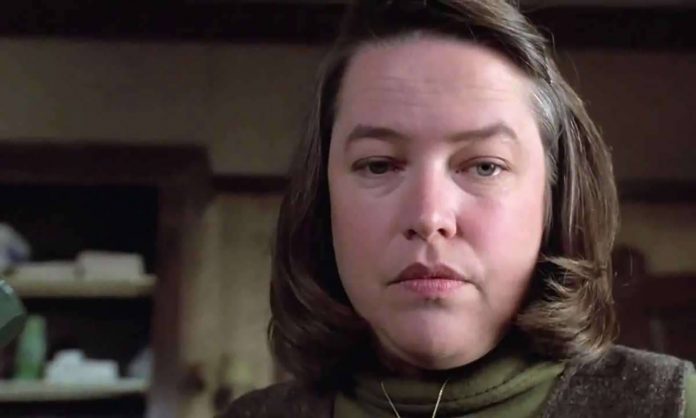In a post on DIY MFA, Neil Chase identifies his top 5 villain archetypes. “Villains can be motivated by greed or lust or pride, or self-preservation, or they could simply enjoy the act of hurting others,” he writes. “But giving them a reason for being who and what they are will add complexity to storylines, as they provide tension and difficulty for the heroes of stories, making them work harder for their goals.”
- The Trickster. The trickster archetype relies on deception and cunning to get his way and can often be expected to offer your hero a deal with a staggering price. “They may seem infuriating initially, but eventually, their motives become clear – they are simply out to prove their brilliance and superiority over the hero,” Chase notes. “Most often driven by greed or jealousy, they typically want something from the main character that they would otherwise be unable to get on their own.”
- The Evil Overlord. “Typically offered with little backstory, their motives are nothing short of total domination, and they perform acts of evil because they can,” Chase writes. “This intelligent and ruthless character type presents a formidable challenge with their immense power and wicked cunning, making them a challenging foe for the hero to defeat.”
- The Bully. “This is a universal archetype, as most people have had real-life experience with a bully figure,” Chase notes. “This villain allows readers to explore themes such as justice and to experience courage and sympathy by seeing how very human characters endure incredible hardship and prevail.”
- The Corrupt Politician or Authority Figure. “These villains are often seen as morally bankrupt figures who may have started as decent people, but whose unchecked authority has corrupted them,” Chase explains. “As characters, they help build tension and drama, giving the protagonists clear-cut obstacles to overcome to achieve their desired goal while inspiring readers to explore tales of agency and justice.”
- The Equal. Often seen as the hero’s mirror image, the Equal has similar skills, knowledge, or expertise, but without the hero’s ethics or morals. “On paper, they have everything it takes to win the conflict, but their lack of compassion and unwillingness to sacrifice tends to be their undoing when it matters the most,” Chase writes.












